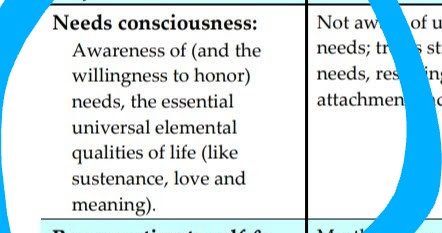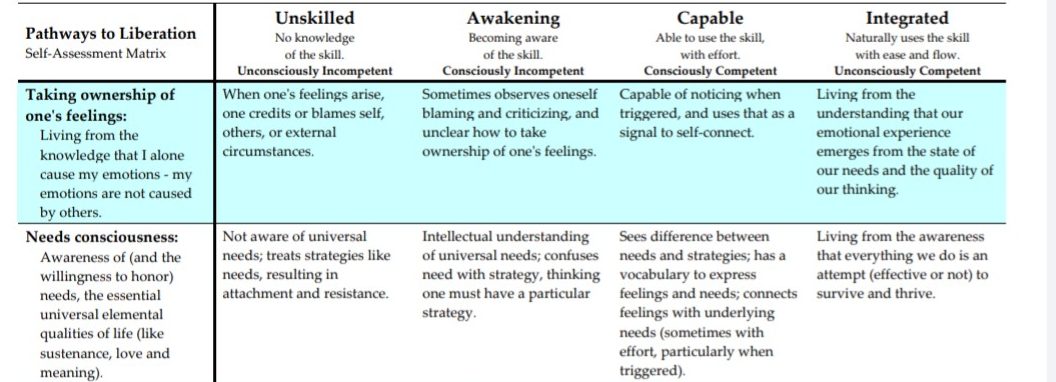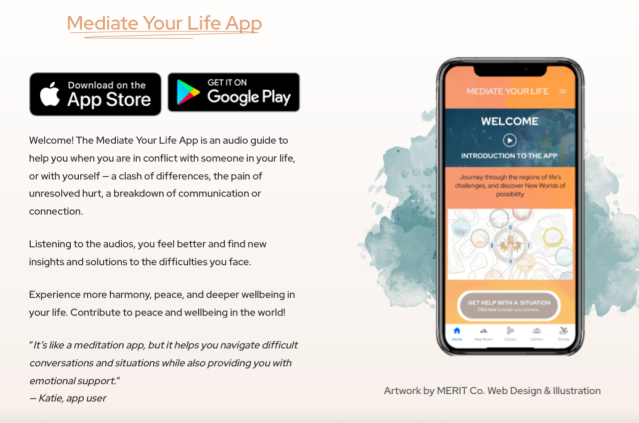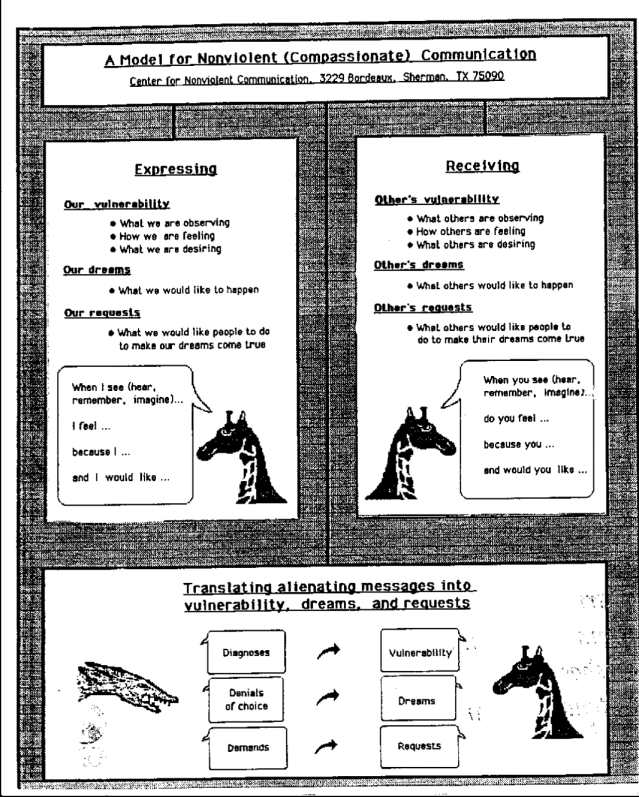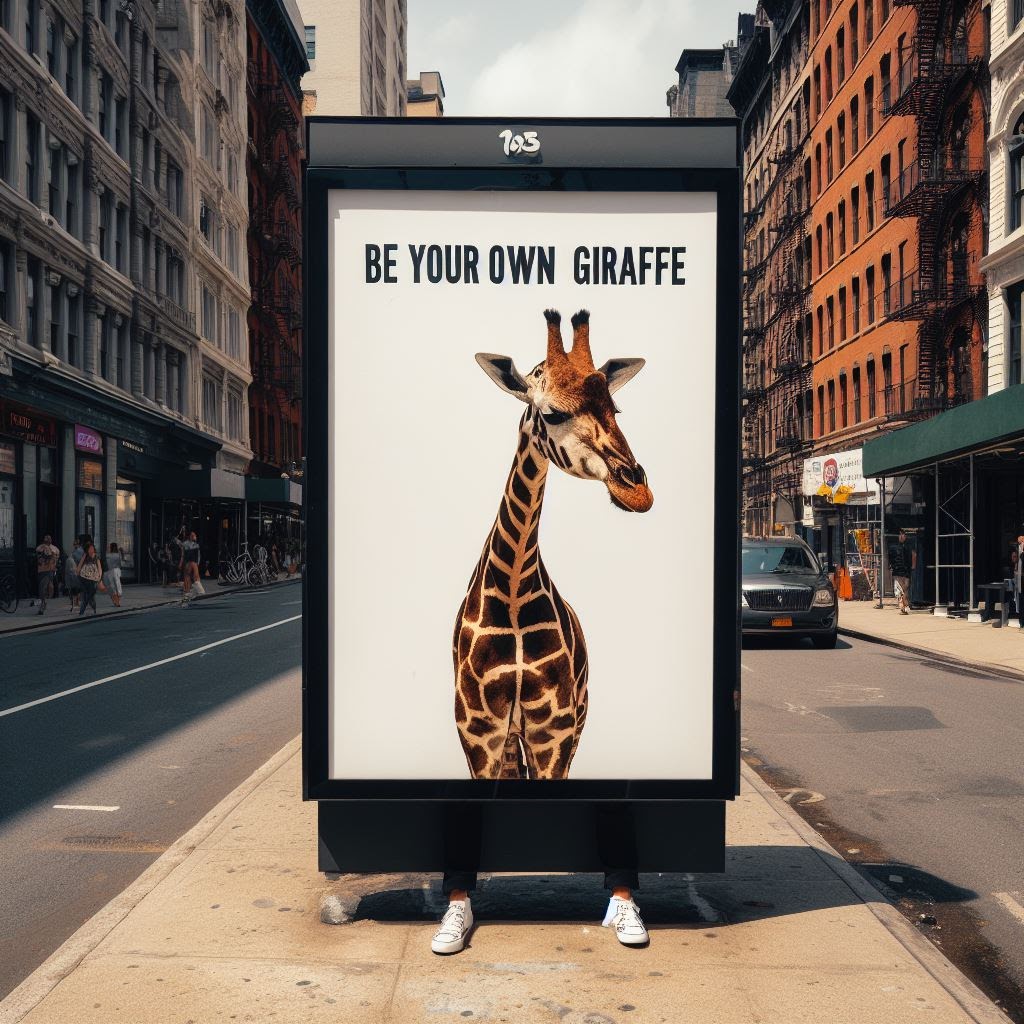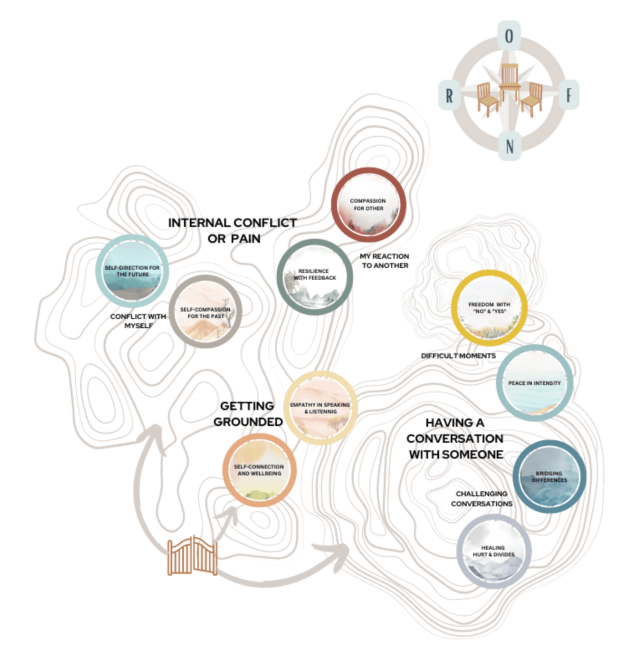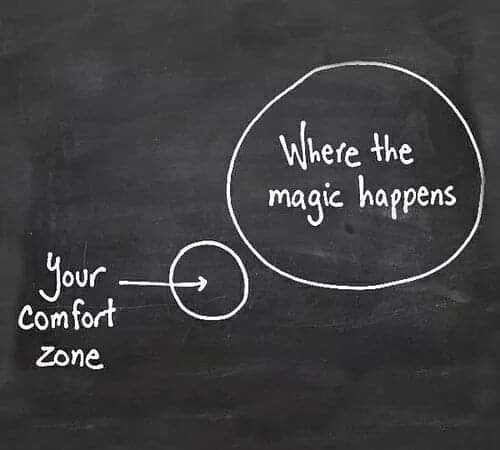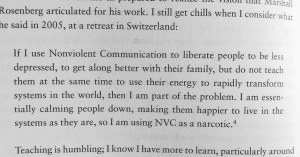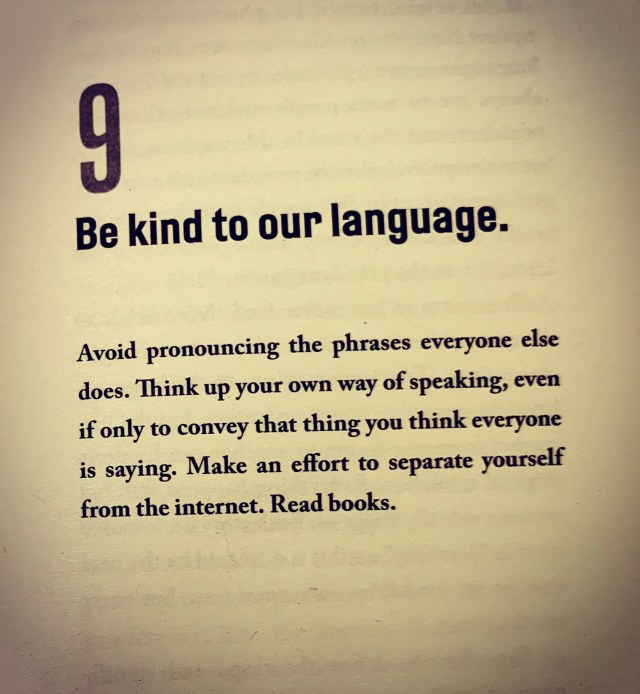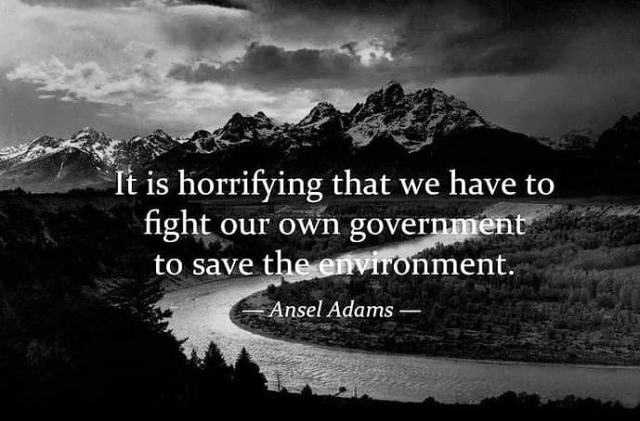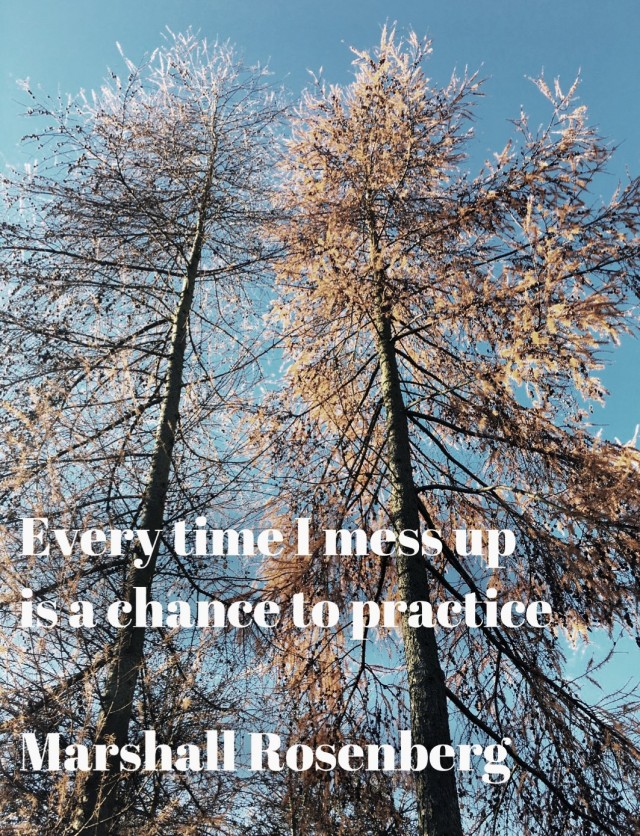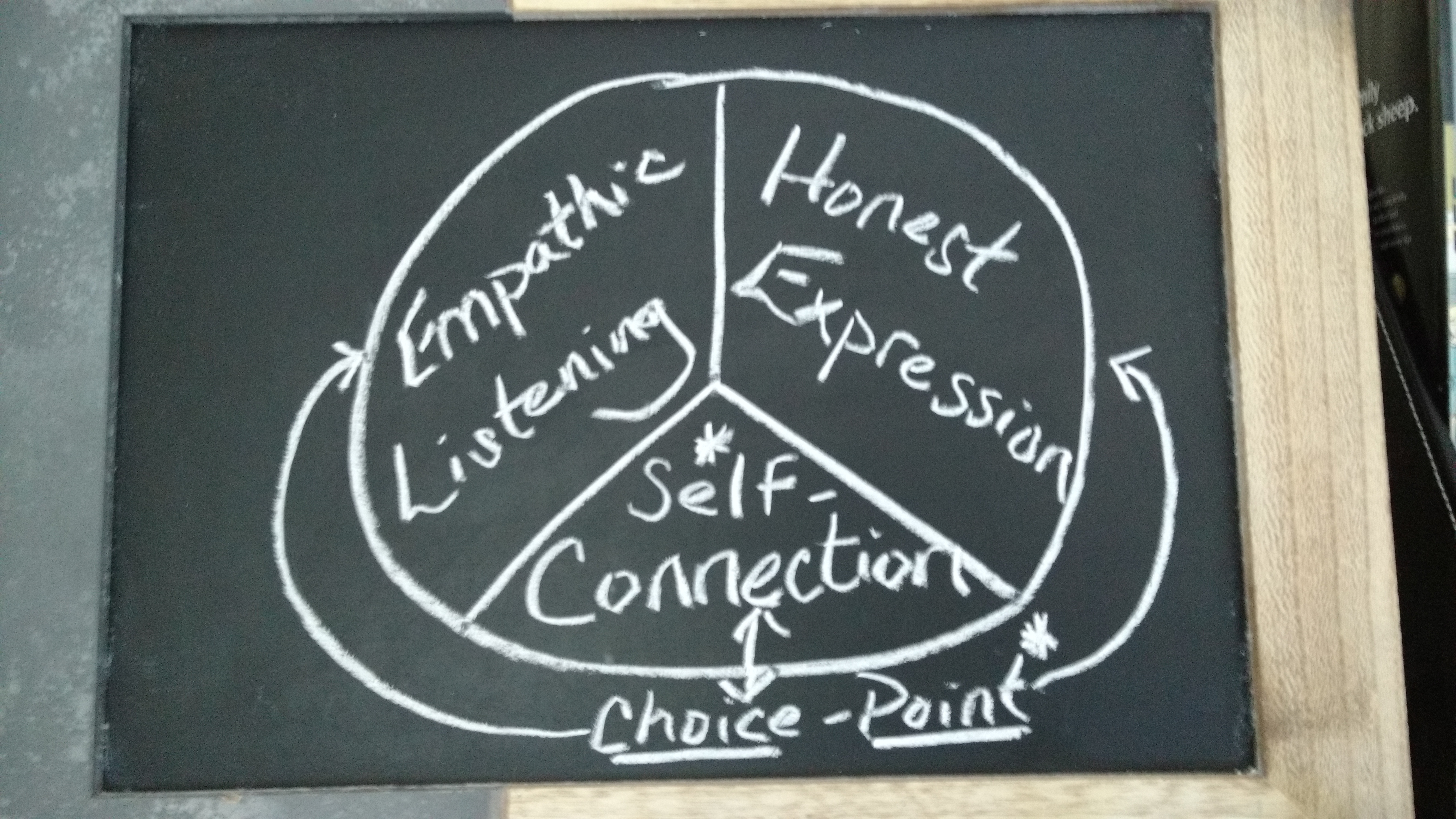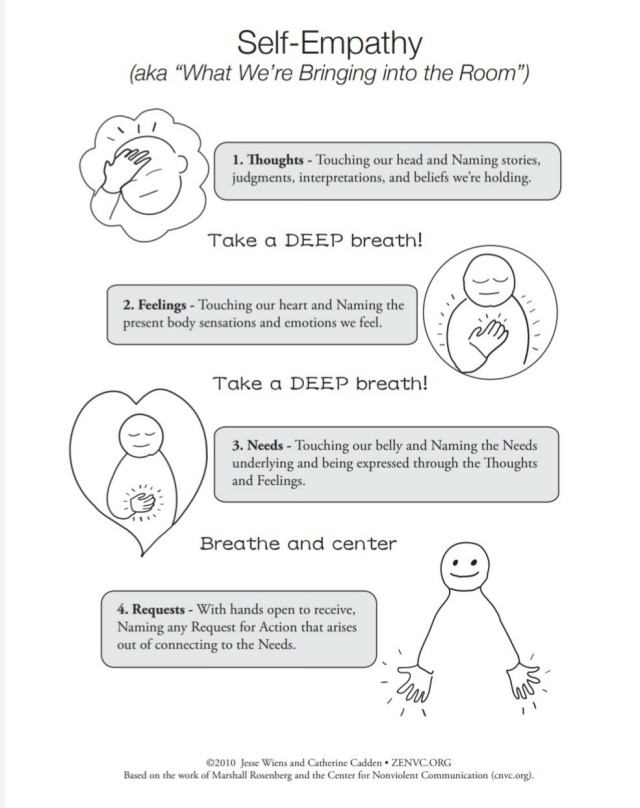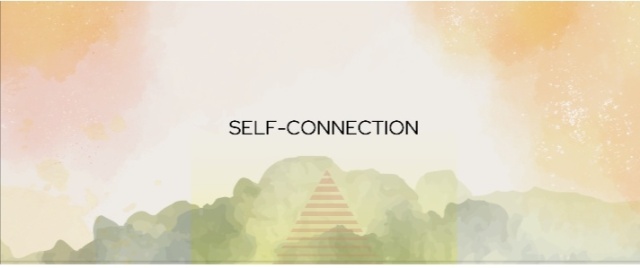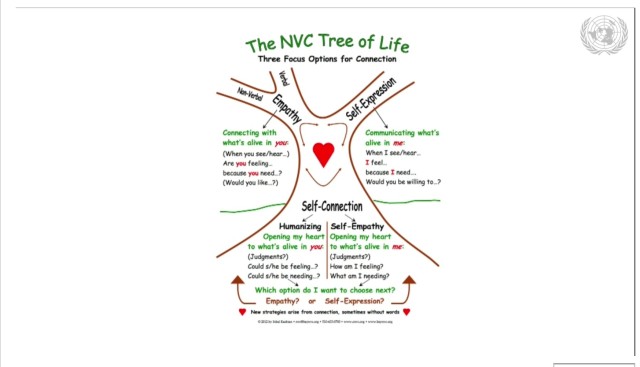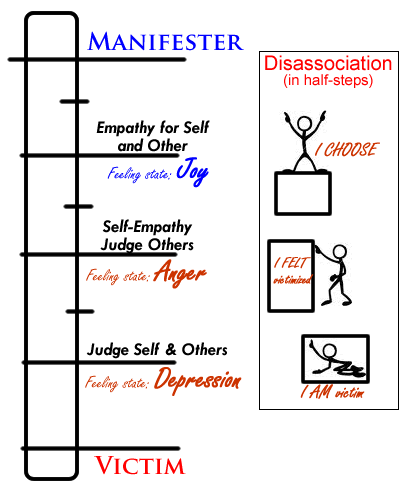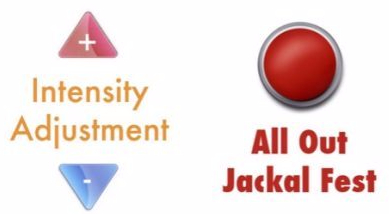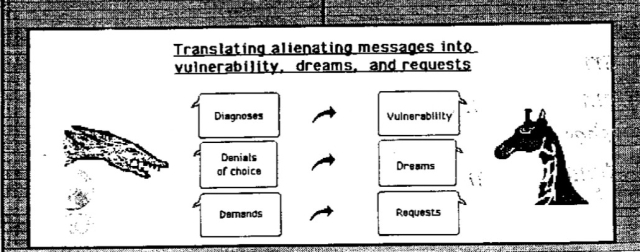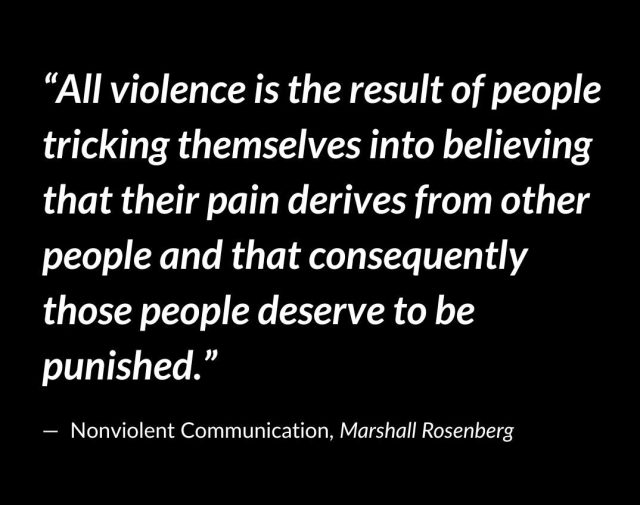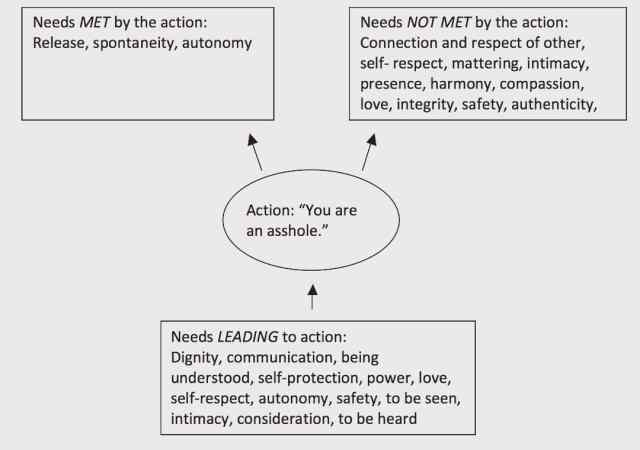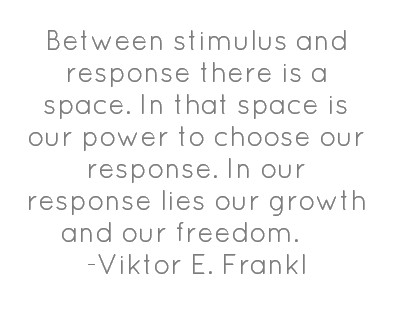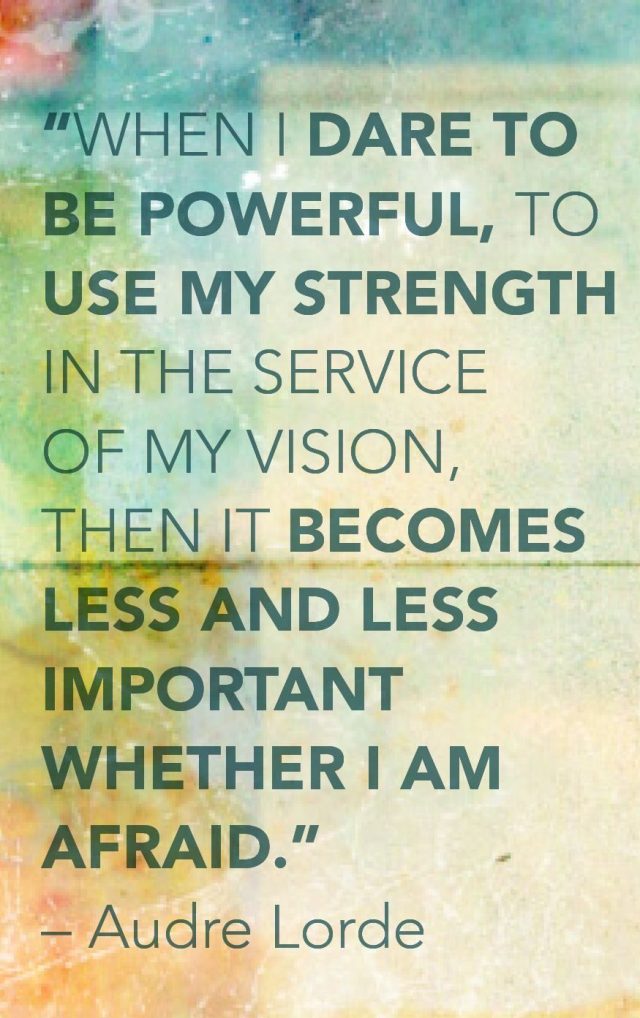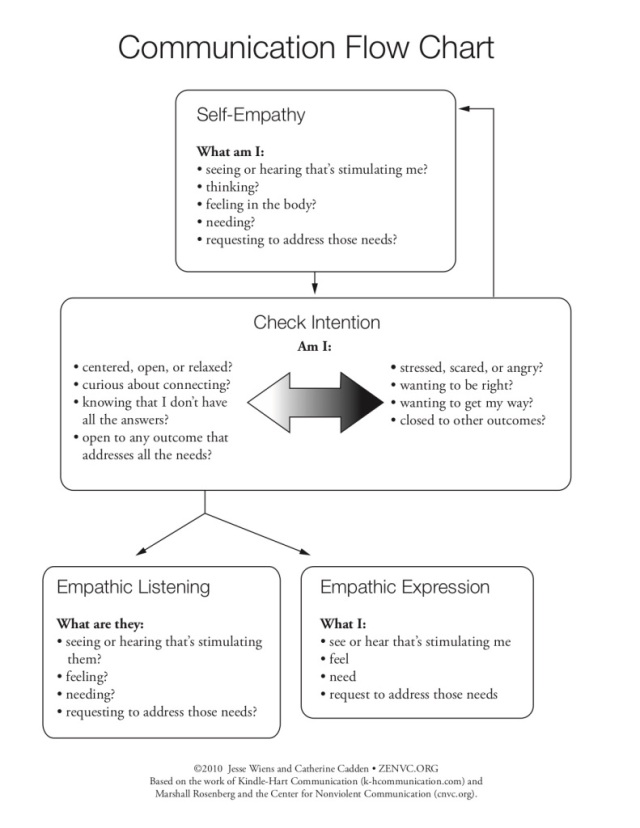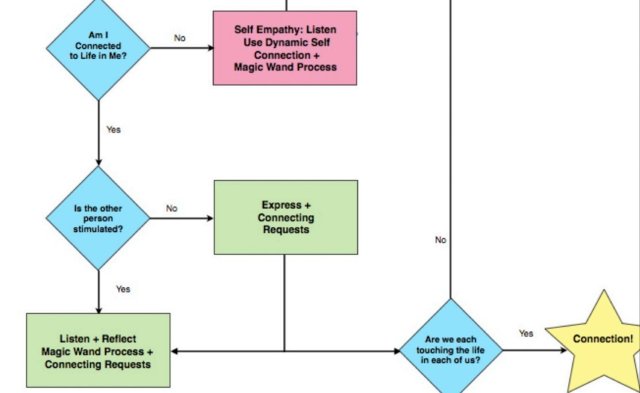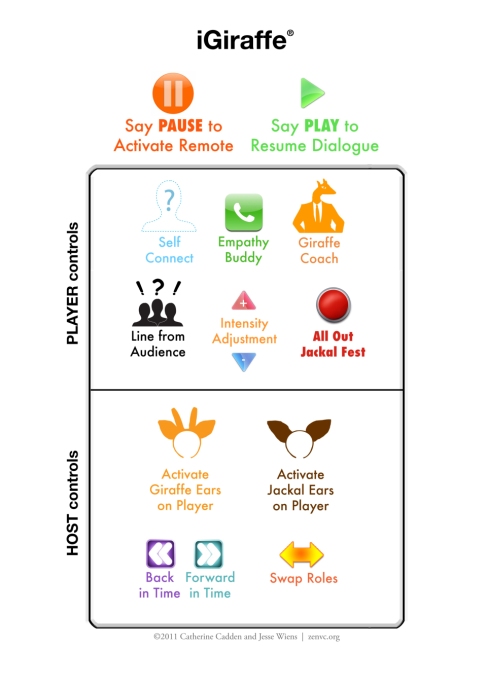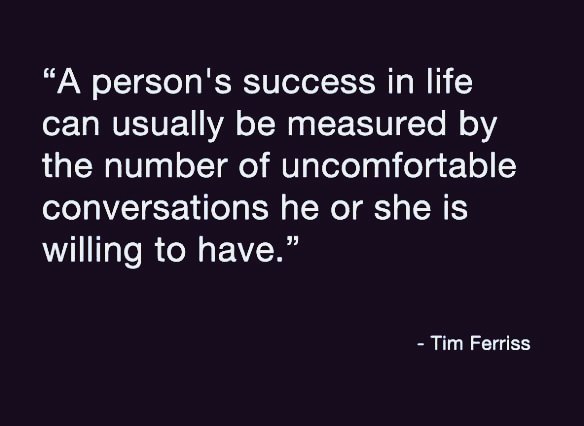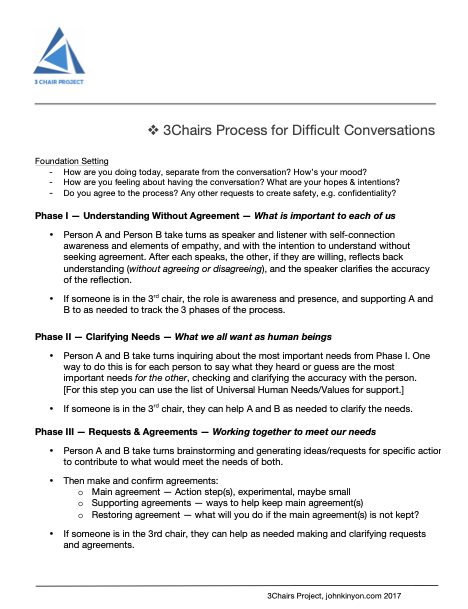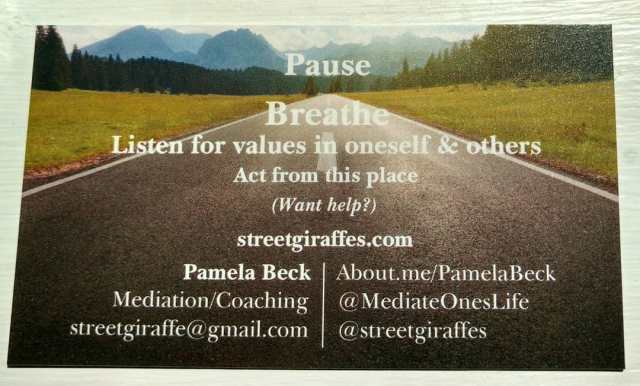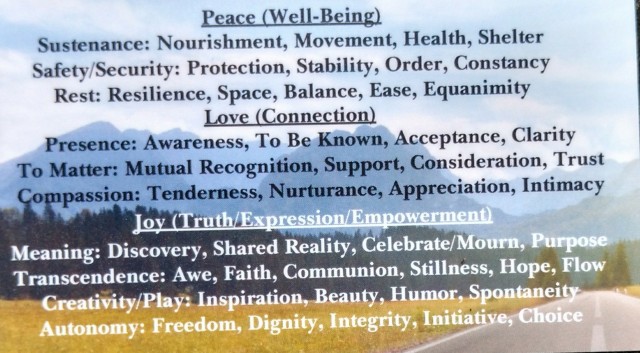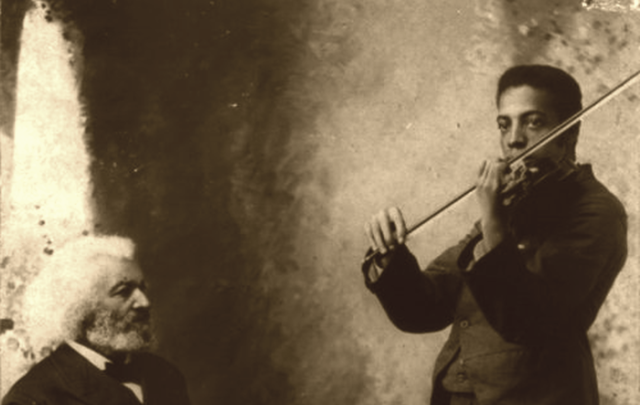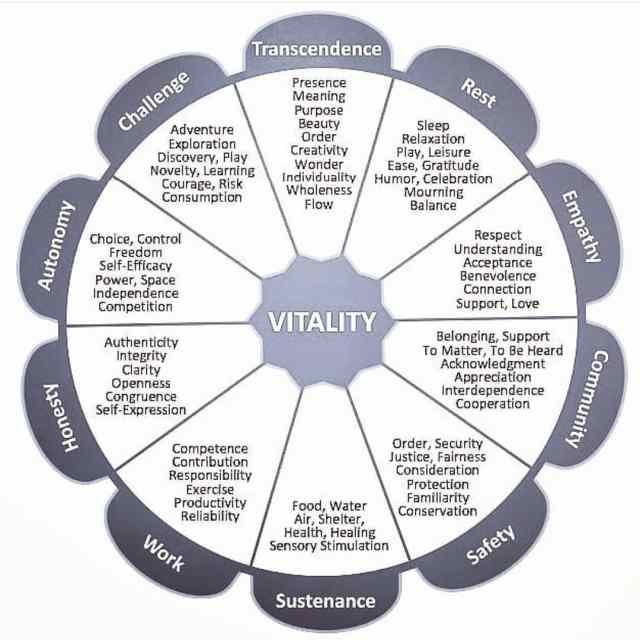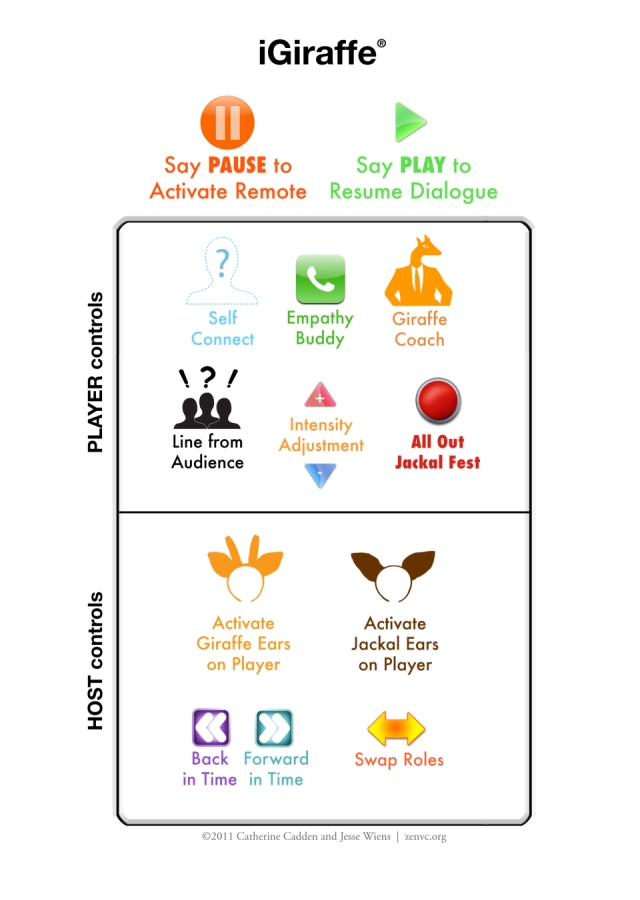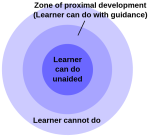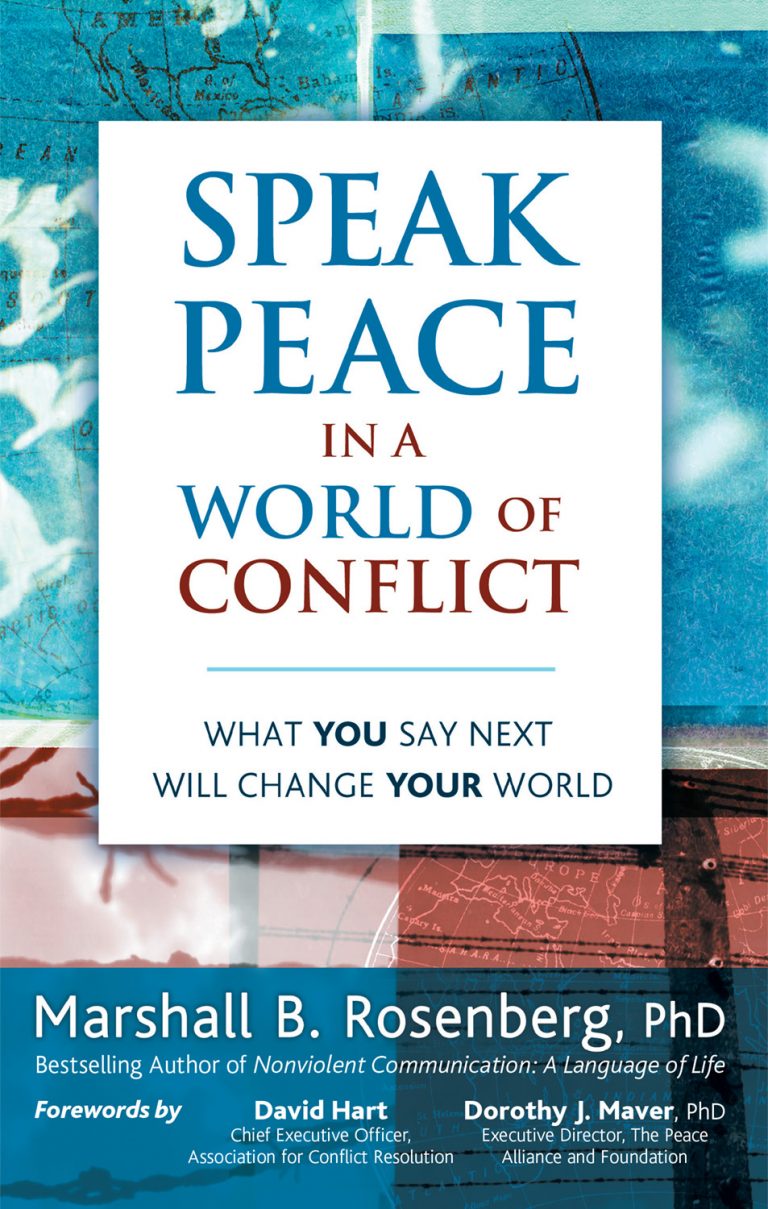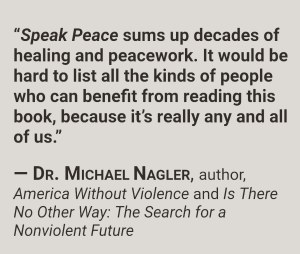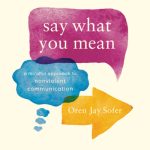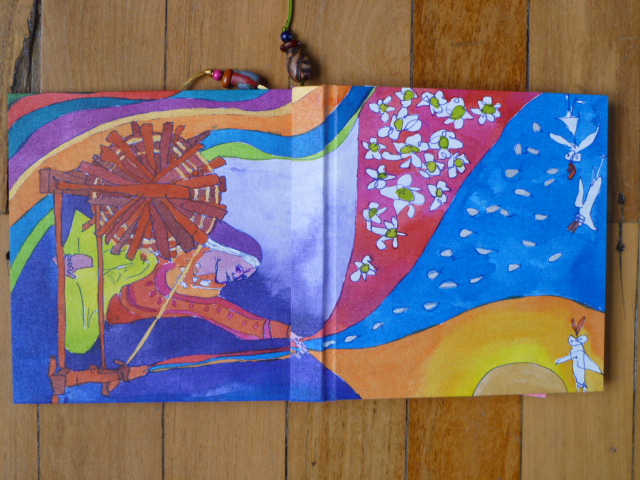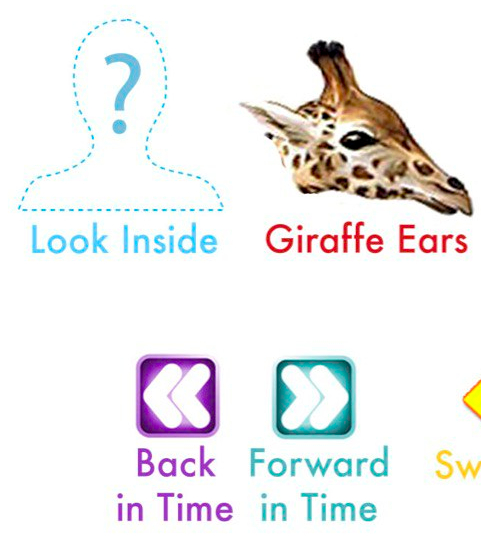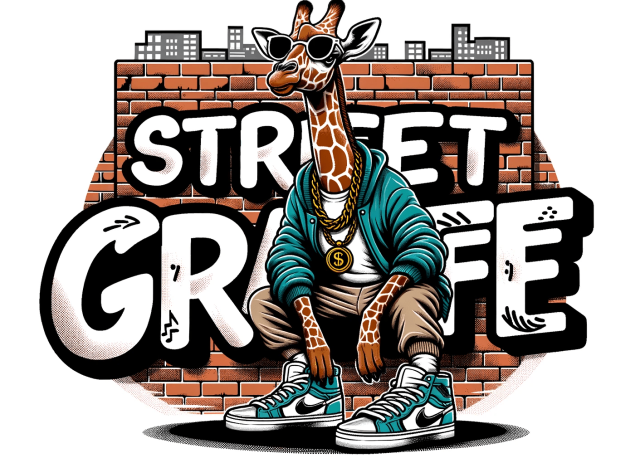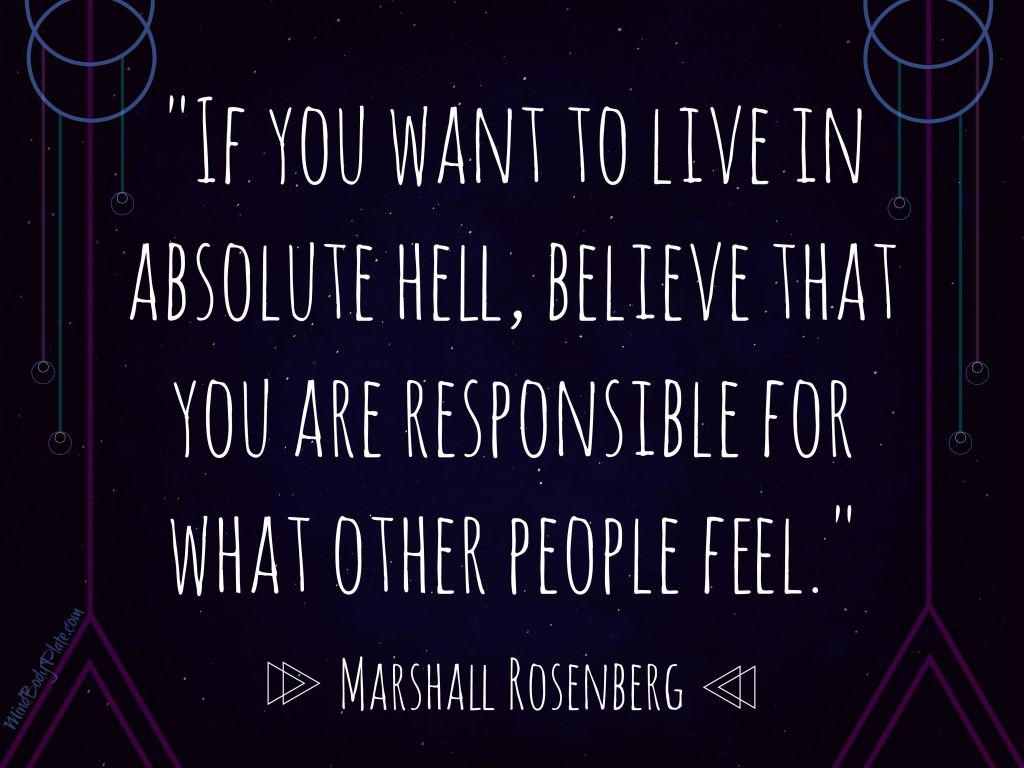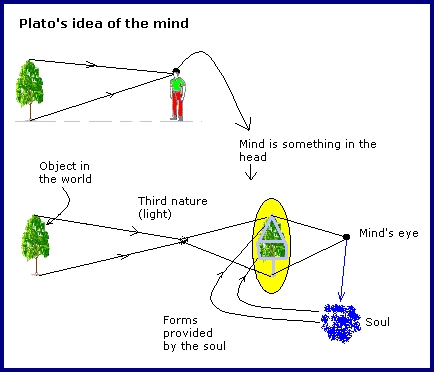 (Plato’s idea of perception courtesy of RobinH, English Wikibooks)
(Plato’s idea of perception courtesy of RobinH, English Wikibooks)
Needs vs. Strategies
| PLATO: |
|
Person
Location
Action
Time
Object
|
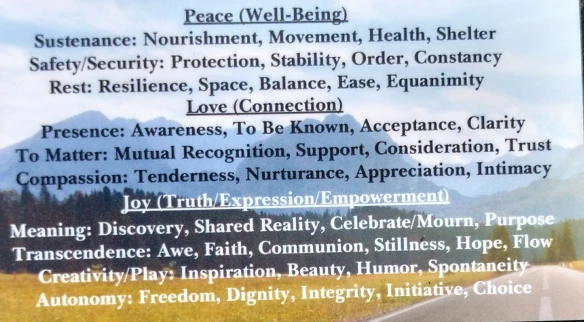
See also: Peace, Love & Joy

Courtesy of MediateYourLife.com
Trainer Tips
Miki Kashtan re: How to Differentiate Between Needs and Strategies
Kashtan: “Needs lists, how to say this, is intrinsically an approximation, and the reason for that is because it’s isolated concepts, and life is fluid — so whether or not something is a need, some people start getting into kind of hairy conversations about whether this is a need or not. And, for me, what matters is two things, one is to ensure that what I’m talking about is clearly not attached to specific strategies. And there is an acronym that someone came up with that helps with that distinction. The acronym is PLATO. Like the philosopher Plato and it stands for Person/Location/Action/Time/Object. If you have any one of those five in what you are imagining is a need, you know that it is a strategy, because it is in material reality. So that’s one thing. Once you’ve taken all of those things out, you know that you are not in a particular strategy and you’re more likely to be in the energetic, spiritual, gestalt of the need, and then — from there on — the second question is — “if this is sufficiently deep to find the self-connection that I want?” So, for example, I can say that ‘comfort’ is a [Universal-Human]-Need, but for me personally (I’m not saying for anyone else), most of the time (not even always) if I look inside to understand myself and what I come up with a need for comfort, it doesn’t feel like the end of a journey, it’s not really something I can go like ‘oh, yes that’s it, I feel connected’ — than I keep inquiring and go deeper, but if it is sufficient than it’s a need, I don’t care what anyone else says, but in this moment it is a need.”
Courtesy of ~ Need vs. Strategy or request – NVCWiki
Need vs. Strategy or request:
| Need | Strategy / Request |
| Abstract, no reference to a specific person, action or time | Specific, doable, observable behaviour |
| Needs are a-scriptive, it is difficult to put words on what is also described as “the universal energy that connects all of us”. Need language is probably the closest we can get to verbally describe this universal energy. | Descriptive |
| What I want to have fulfilled | What I want others or myself to do |
Wanting Fully Without Attachment – Tikkun Magazine
By Miki Kashtan

Lawn tennis, 1887 courtesy of Library of Congress via Wikimedia Commons
We are at least familiar with the ideal of “wanting fully without attachment” in sports, where we are taught that fair play in a hard fought, enjoyable game is more important than who wins. A fine example this year was the graciousness with which Elena Dementieva conceded defeat to Serena Williams in the Australian Open semifinal in January.
Tikkun Magazine, January/February 2010
The origin of suffering is attachment. – The Buddha
The Talmud tells us that in the world to come, everyone will be called to account for all the desires they might have fulfilled in this world but chose not to. The things we desire—the desires themselves—are sacred. Who put them in our hearts if not God? But we have been taught to be ashamed of what we want; our desires become horribly distorted and cause us to do terribly hurtful things. – Alan Lew, from This is Real and You are Completely Unprepared
If you have had a spiritual practice or have experience with personal growth workshops, you have no doubt heard many times that letting go of attachment increases happiness and well-being. The principle is simple, but exactly what does it mean to let go of attachment, and what do we do to get there?
Sometimes it appears as if spiritual traditions suggested that the only way to let go of attachment is to give up on what we want. But is this the only way to interpret the old traditions? Is wanting really inseparable from attachment? Or is it possible to want what we want with full passion without the constriction of being attached? Can we remain genuinely relaxed about whether or not we get what we want? And if we can do this in our personal lives, what about as social and political beings, as we relate to the state of the world? Why would we even want to release attachment when our passion is for the world—be it for social justice, peace, sustainability, or any other cause?
The challenge arises primarily when we experience tension between what we want and what is or what seems possible. We frequently respond in one of two ways. Externally, we might try to force what is to conform to what we want by outright coercion and threats or by using more subtle forms of demands. Internally, we might try to suppress or give up on what we want. Both of these strategies lead to suffering. Neither of these paths engages with life openly. In both we are forcing others or ourselves instead of being in a dialogic relationship.
What follows is an attempt to outline a new path, different from forcing or giving up; a path that affirms who we are and accepts what is; a path that allows creative strategies to arise from a quality of connection that recognizes and affirms our own and others’ needs, aspirations, and dreams.
And what about social transformation? you may wonder. To begin with, if we are unable to tolerate the world as it is, we will be at war with the world, putting ourselves in danger of re-creating the very same structures we are seeking to transform. The path of wanting without attachment supports our work for change in two key ways. Internally, as we grow in our capacity to want without attachment, our inner peace increases. Externally, our capacity to release attachment and continue to want and work toward our deepest dreams provides a foundation for an entirely different approach to working toward change in the world: we can then work without urgency, with less burnout, with more capacity to dialogue with those we encounter along the way, and with a sense of clear vision instead of opposition… (continues here)
(originally via Tikkun Magazine)

Shifting to Needs-consciousness
(a.k.a. NVC-consciousness)
You Can’t Always Get What You Want…
